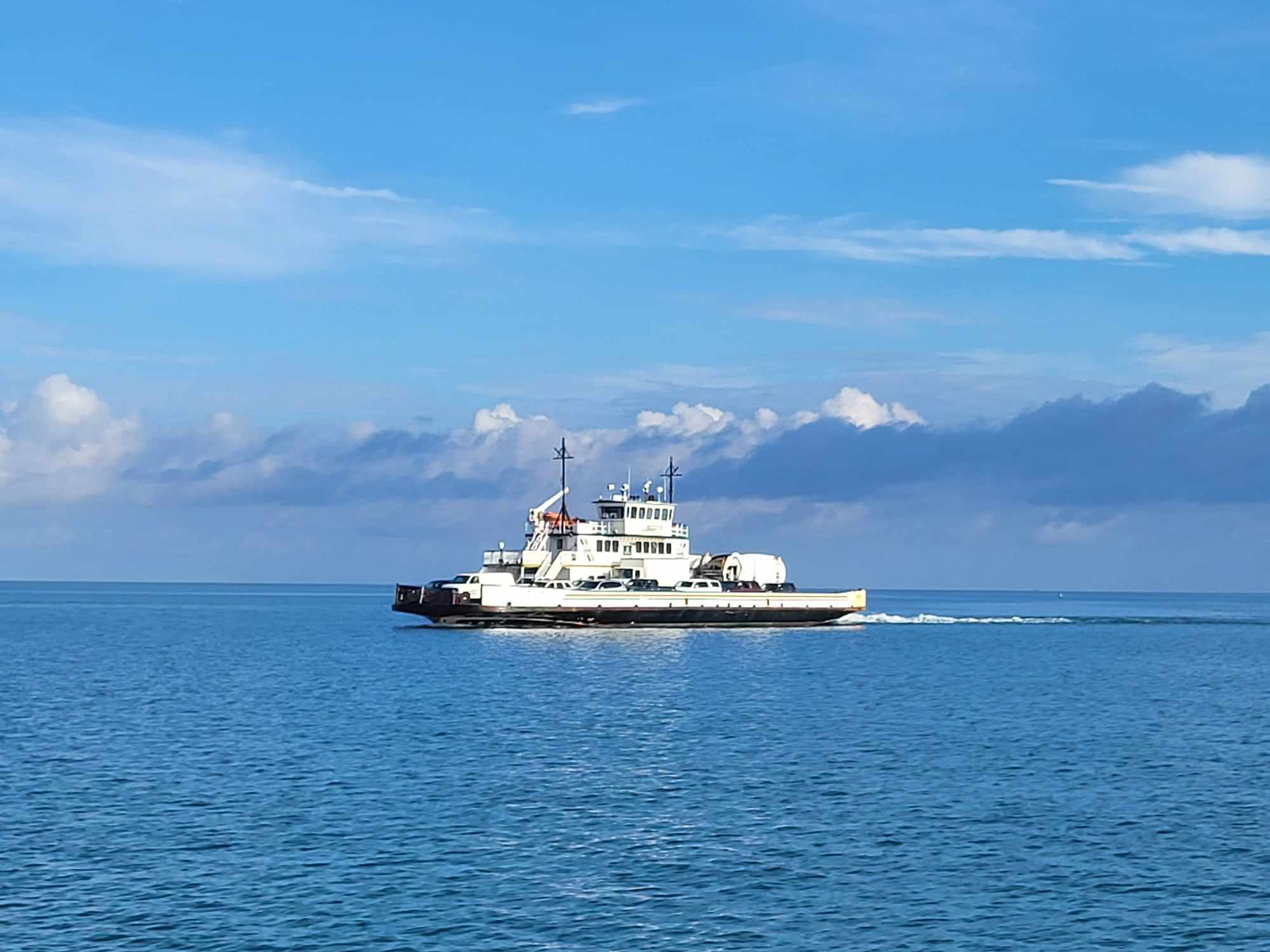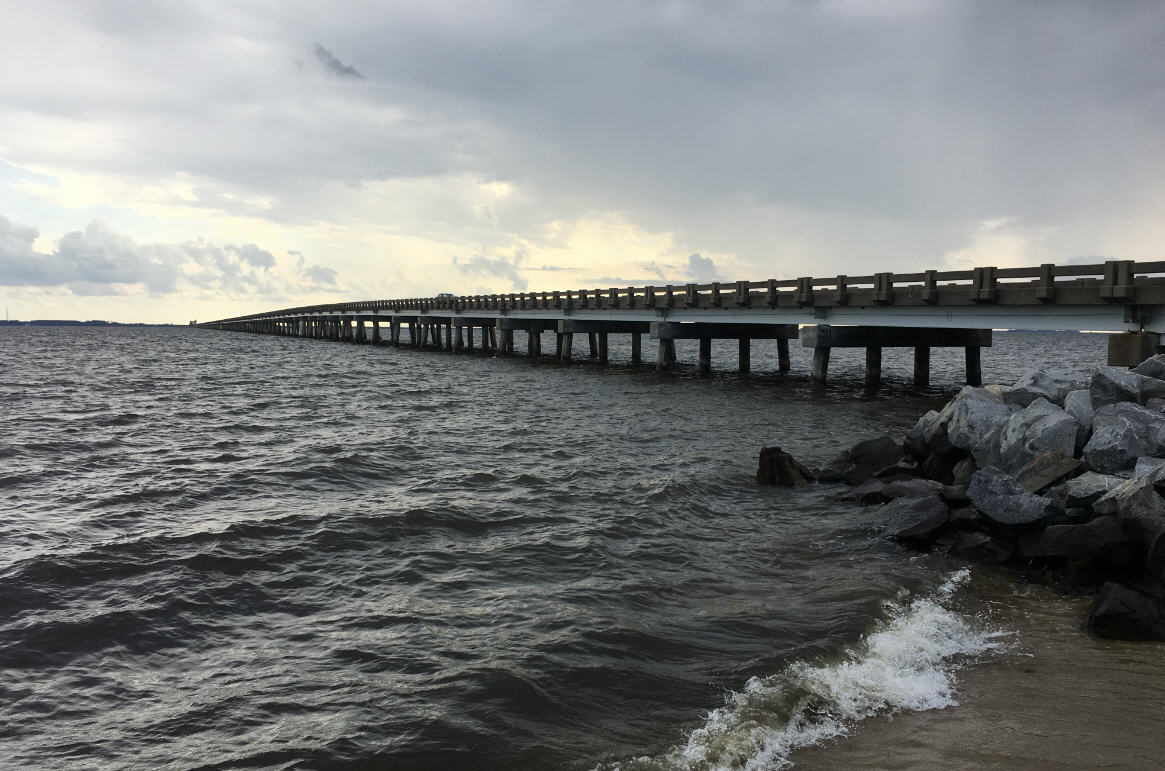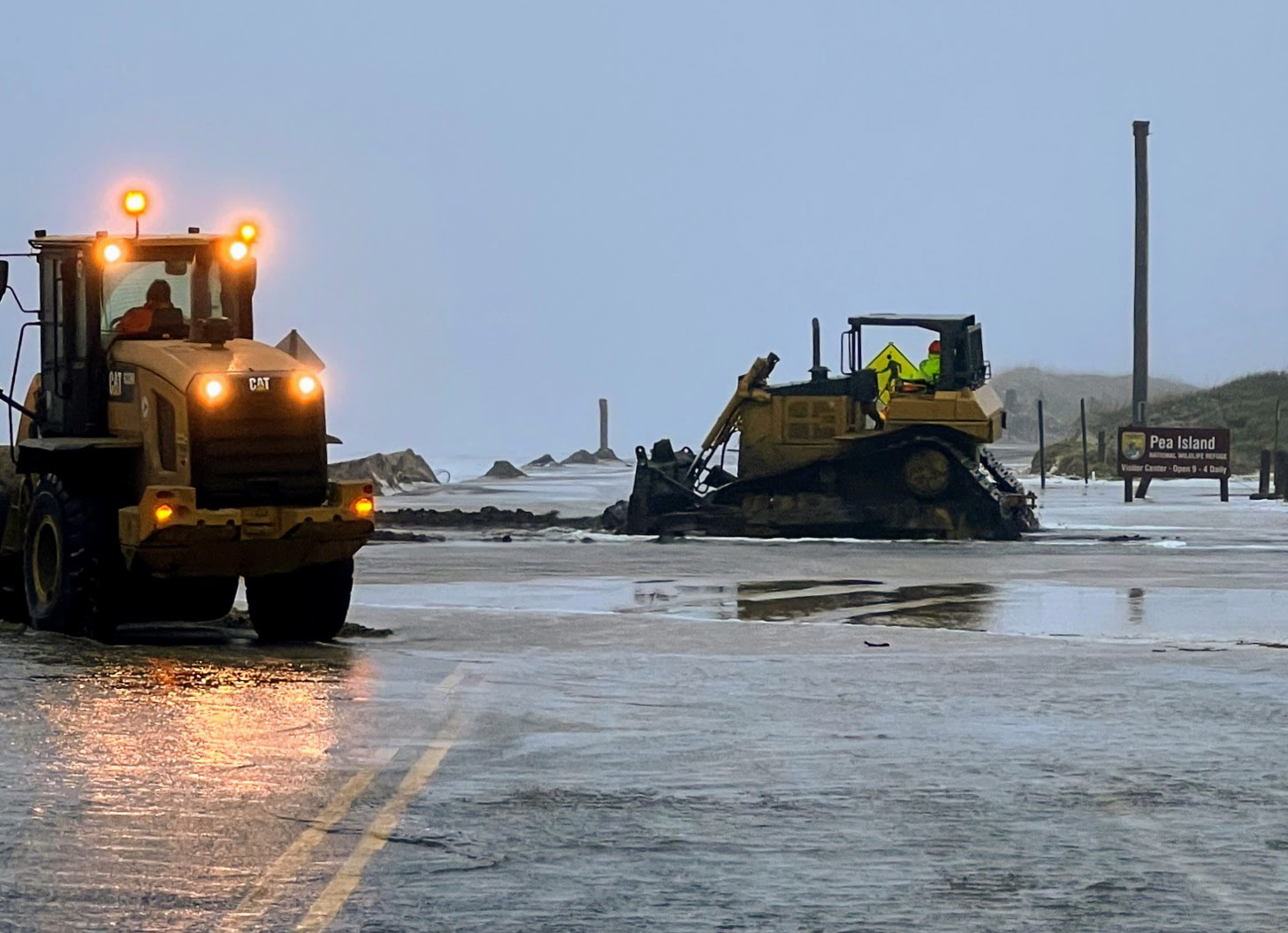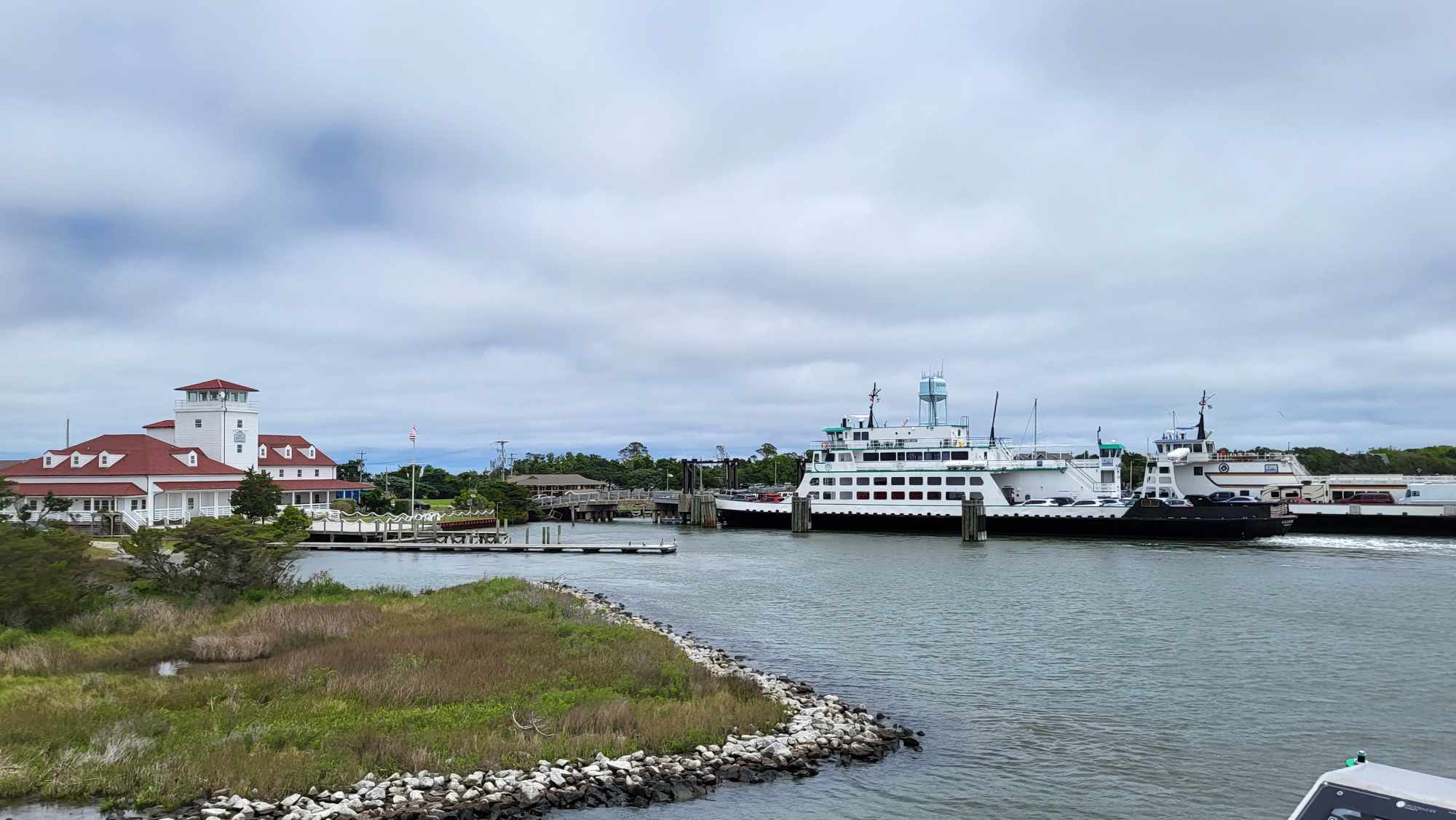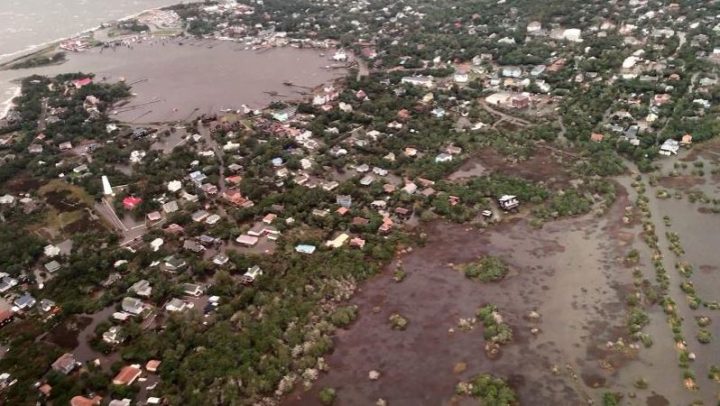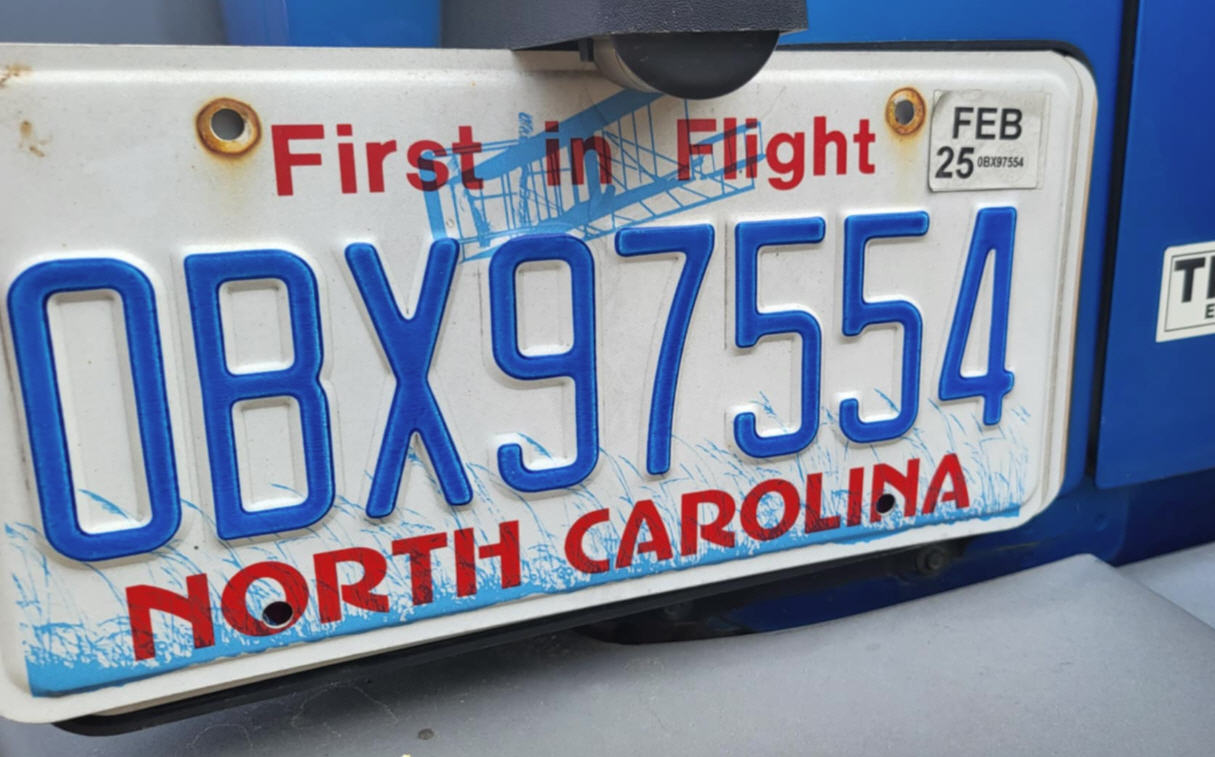Hagan, Burr, and Jones ask for more reasonable beach access
Three members of North Carolina’s Congressional delegation are pushing the secretary of the Department of the Interior and the director of the Office of Management and Budget to decide on a “more appropriate” balance between public access and environmental stewardship in the proposed rule for off-road vehicles at the Cape Hatteras National Seashore.
On Jan. 31, Sen. Kay Hagan, a Democrat, and Sen. Richard Burr and Rep. Walter B. Jones, both Republicans, sent a letter to DOI Secretary Ken Salazar and OMB Director Jacob Lew asking that the proposed off-road vehicle management plan for Cape Hatteras National Seashore provide maximum public beach access.
In the letter, the lawmakers say that they are concerned the Park Service preferred alternative for ORV management does not reflect the input of local residents and businesses.
The National Park Service has prepared a draft ORV regulation, which is currently under review before being released for public comment. The draft rule is based on the NPS selected alternative in its Final Environmental Impact Statement and identifies routes and areas where ORVs are allowed year-round or seasonally, depending on resource closures, and where they are prohibited year-round. It will also address other regulation of ORVs, such as speed limits and night driving.
The Park Service issued a record of decision on its selected alternative on Dec. 20 and moved ahead with its proposed regulation, which currently is being reviewed by the National Park Service, the Department of the Interior, and the Office of Management and Budget.
In their letter, the lawmakers say:
“Pursuant to Executive Orders 11644 and 11989, the NPS has worked in recent years to develop a rule to govern ORV use at Cape Hatteras. Most recently, the NPS concluded an environmental review of proposed alternatives, and has selected a preferred approach to comply with resource protection requirements (FR Doc.2010–32549). We are concerned that this environmental impact analysis does not appear to reflect the input of local residents and businesses. However, this analysis will now serve as the basis for a management plan to implement the NPS findings.”
They warn that “an overly restrictive ORV management plan will further imperil the economic vitality of Dare County families and businesses already struggling under the current management practices.”
They say that North Carolina’s coast communities have long fought to preserve the beauty of their beaches while resisting development.
“These good intentions,” the letter says, “may be punished, however, should ORV regulations impose undue restrictions on beach access at Cape Hatteras.”
Specifically, the lawmakers ask for more access through ORV corridors that will allow access to the seashore’s most popular beaches, the points and spits, during the nesting season.
As it stands now, under the consent decree, resource protections can close access to an area, such as Cape Point, even if the cape itself is open to vehicles and pedestrians. You just can’t get there. Vehicle corridors through or around the closures would allow access to these open areas of beach, while still protecting birds and sea turtles.
The letter concludes:
“While we understand the unique challenges associated with managing ORV use at Cape Hatteras, we firmly believe the federal government is capable of providing a more appropriate balance between reasonable public access and environmental stewardship than what is contemplated under the Park Service analysis.”
“The public access restrictions in this proposal are unreasonably excessive and far more than what is necessary for adequate resource protection,” said Jones in a media release. “This is a jobs issue. If the administration is serious about job creation, it will revise this proposal.”
“Beach access is critical to the Dare County economy, and that is why I am working with Rep. Jones and Sen. Burr to make sure federal regulations are not overly restrictive for the local community,” Hagan said. “The Hatteras community has experienced three summers with many beaches closed, and some local businesses may not survive another. I will continue working with the administration, my colleagues in Congress and all relevant stakeholders to balance appropriate beach access with important environmental protections.”
“It is vital that that North Carolinians have access to our state’s scenic treasures,” Burr said. “It is regrettable that people are prevented from accessing Cape Hatteras at times because of ORV restrictions. I believe we can come to a compromise that allows people to have access while at the same time addressing any potential environmental concerns.”
Burr, Hagan, and Jones have all sponsored bills to get rid of the restrictions of the consent decree through legislation. Those attempts have failed.
To see the full text of the letter to the DOI and OMB click here.
Subject
Name
(required, will not be published)
(required, will not be published)
City :
State :
Your Comments:
May be posted on the Letters to the Editor page at the discretion of the editor.
May be posted on the Letters to the Editor page at the discretion of the editor.
May be posted on the Letters to the Editor page at the discretion of the editor.
May be posted on the Letters to the Editor page at the discretion of the editor.




